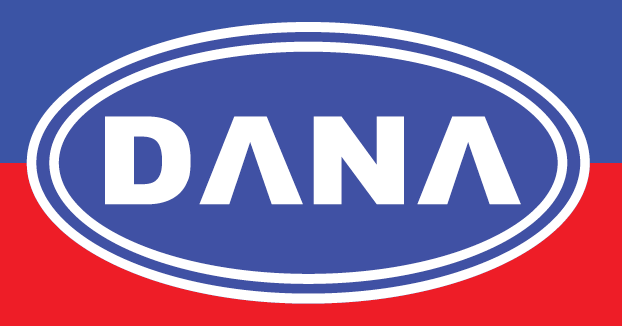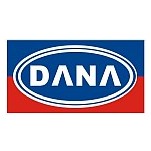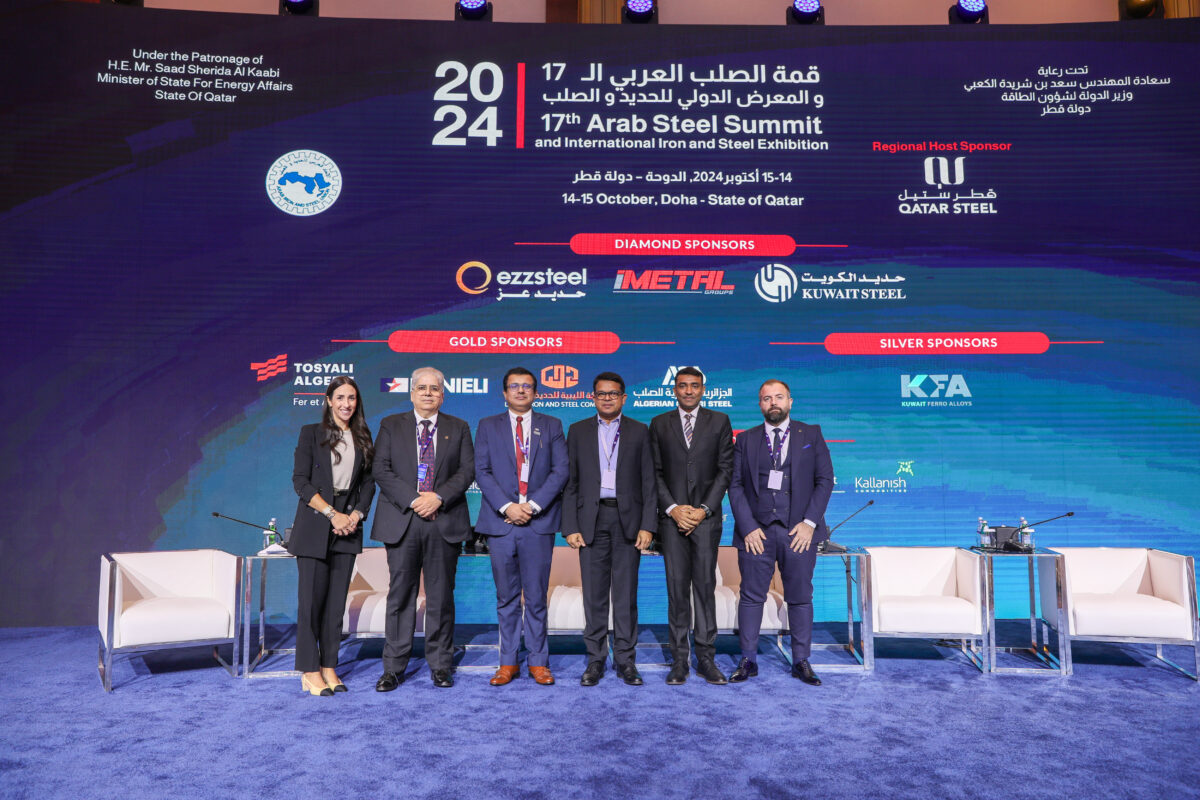Responsible Steel and Green Steel and why are they trending?
Responsible Steel, in simple terms, refers to steel production that considers the social, environmental, and economic impacts throughout the entire life cycle of steel, from raw material extraction to manufacturing and end-of-life disposal. It involves adopting sustainable practices to minimize harm to the planet and ensure ethical labour practices.

What is Green Steel?
Green Steel, also known as low-carbon or sustainable steel, is a type of steel produced using methods that significantly reduce or eliminate carbon emissions. It aims to address the environmental concerns associated with traditional steel production and utilizes renewable energy sources, such as solar or wind power, in the manufacturing process. Green Steel focuses on maximizing resource efficiency and minimizing waste generation.
Understanding the Environmental Impact of Traditional Steel Production
Carbon Emissions and Climate Change
Traditional steel production heavily relies on the burning of fossil fuels, such as coal and natural gas, which release substantial amounts of carbon dioxide (CO2) into the atmosphere. These CO2 emissions contribute to climate change and global warming, making steel production one of the largest industrial sources of greenhouse gas emissions.
Resource Depletion and Mining
The extraction of raw materials for steel, primarily iron ore, involves extensive mining activities. These operations can lead to deforestation, habitat destruction, and the depletion of natural resources. Mining also has the potential to generate water and soil pollution, further impacting ecosystems and biodiversity.
Pollution and Waste Generation
Steel production processes produce various pollutants, including sulfur dioxide, nitrogen oxide, and particulate matter, which can contribute to air pollution and respiratory problems. Moreover, traditional steel manufacturing generates significant amounts of waste, such as slag and sludge, which can contaminate soil and water bodies if not properly managed.
The Emergence of Responsible Steel and Green Steel
Industry Shift Towards Sustainability
In recent years, there has been a growing recognition within the steel industry of the need for more sustainable practices. Stakeholders, including consumers, investors, and governments, are demanding greater transparency and responsibility from steel manufacturers, pushing the industry to adopt more sustainable approaches.
Regulatory Frameworks and Standards
To promote responsible steel production, governments and international organizations have introduced regulations and standards that focus on reducing greenhouse gas emissions, promoting circular economy principles, and ensuring ethical labor practices. These frameworks provide guidance and benchmarks for companies to follow in order to meet sustainability criteria.
Pioneering Responsible Steel Companies
Several steel companies have emerged as pioneers in the production of responsible and green steel. These companies are investing in innovative technologies, such as hydrogen-based steelmaking, and implementing sustainable practices throughout their operations. By leading the way, they are setting an example for the industry and inspiring others to follow suit.
Key Principles and Practices of Responsible Steel
Reducing Carbon Footprint
Responsible steel production focuses on minimizing carbon emissions by adopting cleaner energy sources, improving energy efficiency, and implementing carbon capture and storage technologies. The aim is to transition away from fossil fuel-dependent processes and embrace low-carbon alternatives.
Efficient Resource Use and Recycling
Responsible steel production emphasizes resource efficiency by optimizing material inputs and recycling scrap steel. Through advanced technologies, companies can reduce the amount of raw materials required and minimize waste generation. Recycling steel not only conserves resources but also reduces energy consumption and emissions compared to producing steel from virgin materials.
Eliminating Harmful Chemicals and Waste
Responsible steel companies strive to eliminate hazardous substances from their production processes and ensure proper waste management. This includes implementing technologies to capture and treat pollutants, reducing the release of harmful chemicals into the environment, and responsibly disposing of waste materials.
Advantages and Benefits of Green Steel
Lower Environmental Impact
Green steel, also known as responsible steel, offers a lower environmental impact compared to traditional steel production methods. By incorporating sustainable practices, such as using renewable energy sources and reducing greenhouse gas emissions, green steel minimizes its carbon footprint. This eco-friendly approach helps to combat climate change and preserve precious natural resources.
Enhanced Product Performance
Not only is green steel environmentally responsible, but it also boasts enhanced product performance. Through advanced manufacturing techniques, responsible steel producers can improve the strength, durability, and quality of their products. This means that green steel can offer the same level of performance as conventional steel, if not better, while being produced in a more sustainable manner.
Meeting Consumer Demand for Sustainability
In recent years, there has been a growing demand for sustainable products among consumers. People are becoming more conscious of the environmental impact of their choices and are actively seeking out eco-friendly alternatives. Green steel aligns with this consumer sentiment, offering a responsible and sustainable option for those looking to reduce their environmental footprint. By choosing green steel, consumers can support the production of steel that meets their sustainability values.
Industry Trends and Consumer Demand for Responsible Steel
Increasing Awareness and Consciousness
As environmental concerns continue to rise, there has been a significant increase in awareness and consciousness within the steel industry. Steel producers are recognizing the need to adopt responsible practices and reduce their carbon emissions. This shift in mindset is driven both by the desire to protect the environment and meet the changing demands of consumers who are increasingly valuing sustainability.
Growing Market Opportunities
The demand for responsible steel presents significant market opportunities for steel producers. As more industries and consumers prioritize sustainability, responsible steel becomes a sought-after material for various applications. This opens up new avenues and markets for steel producers who can position themselves as leaders in responsible manufacturing.
Supply Chain Transparency
Another trend in the responsible steel industry is the focus on supply chain transparency. Consumers and businesses alike are increasingly interested in knowing the environmental impact of the products they use. Responsible steel producers are responding to this demand by providing transparency throughout their supply chains. By offering visibility into their manufacturing processes, sourcing of raw materials, and environmental practices, producers can build trust and attract conscious consumers.
Challenges and Opportunities in Transitioning to Responsible Steel
Technological and Infrastructure Challenges
Transitioning to responsible steel production involves overcoming technological and infrastructure challenges. This includes investing in advanced manufacturing technologies that can reduce emissions and increase energy efficiency. Additionally, updating existing infrastructure to support the use of renewable energy sources and sustainable practices may require significant investments and coordination.
Economic Considerations
While responsible steel production offers long-term environmental benefits, there are also economic considerations to address. Implementing sustainable practices and technologies often requires upfront investments that may affect the immediate profitability of steel producers. However, as the demand for responsible steel grows and sustainability becomes increasingly important, these investments can contribute to long-term economic resilience and competitive advantage.
Collaboration and Stakeholder Engagement
Transitioning to responsible steel production requires collaboration and engagement with various stakeholders, including industry associations, governments, and consumers. By working together, stakeholders can share knowledge and resources, address common challenges, and drive the adoption of responsible steel practices across the industry. Collaboration fosters innovation, ensures a smooth transition, and accelerates the shift towards a more sustainable steel industry.
—————————————————————————————————————————————————–
Reduce your Carbon Footprint by using Environmentally Friendly Coated Steel Coils from DANA STEEL. Click Here to know more
About Us
DANA Steel (www.danasteel.com) is an ISO 9001:2015 certified company, with the rich experience of around three decades, we have always thrived hard in order to bring revolutionary changes to the Steel industry; We have our state of the art Cold Rolling Mill (CRM Complex) Situated in DIC (Dubai Industrial City) we proudly manufacture our products in Dubai, UAE.
Our market extends over a wide demographic as we export over products to around 50 countries including countries from the Indian subcontinent (Bangladesh, India, Nepal); South-East Asian countries (Indonesia, Thailand, Vietnam); Middle-East countries including members of GCC (GCC-Saudi Arabia, Bahrain, Kuwait, Jordan, and Oman), KSA ( Riyadh, Dammam, Khobar, Jeddah, Yanbu, Jubail Ibri, Salalah, Muscat, Sohar, Nizwa, Barka). We also have our markets extended to Africa (Djibouti) and South America. With our constant commitment to customer contentment, we can provide competitive prices and faster shipment to all our valuable clients.
Feel free to contact in case of any enquiry. Listed below are the mediums through which you can reach us out!
WhatsApp – +971507983153
Tel – 0097142217273
Email – info@danagroups.com / info@danasteel.com



